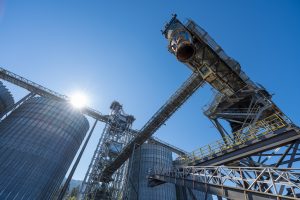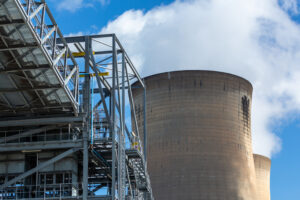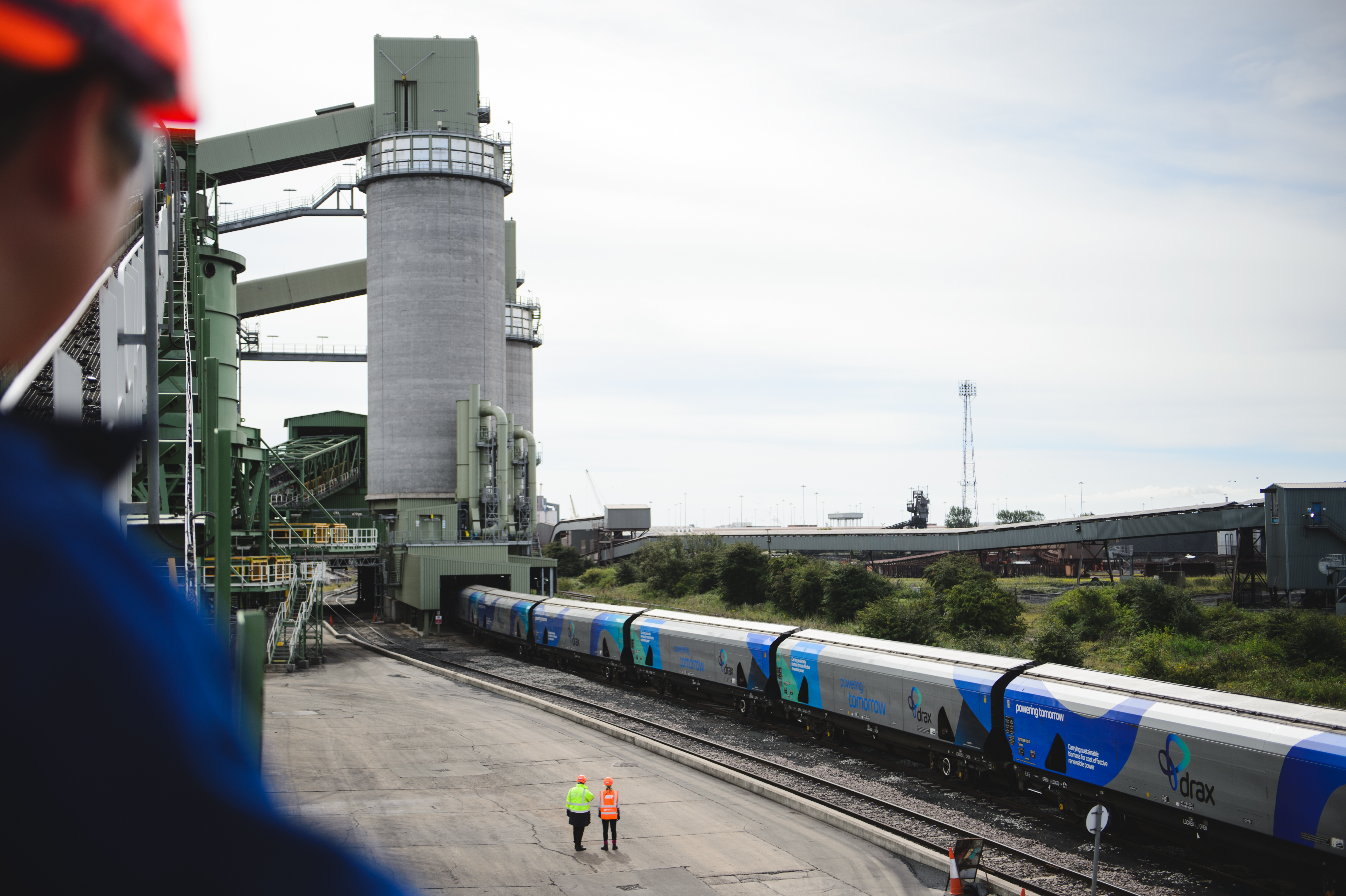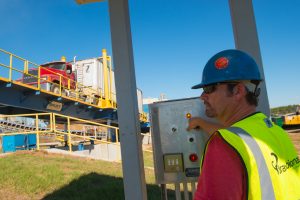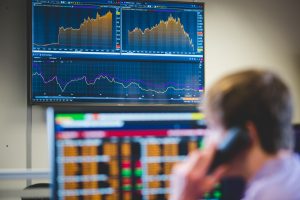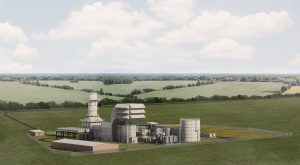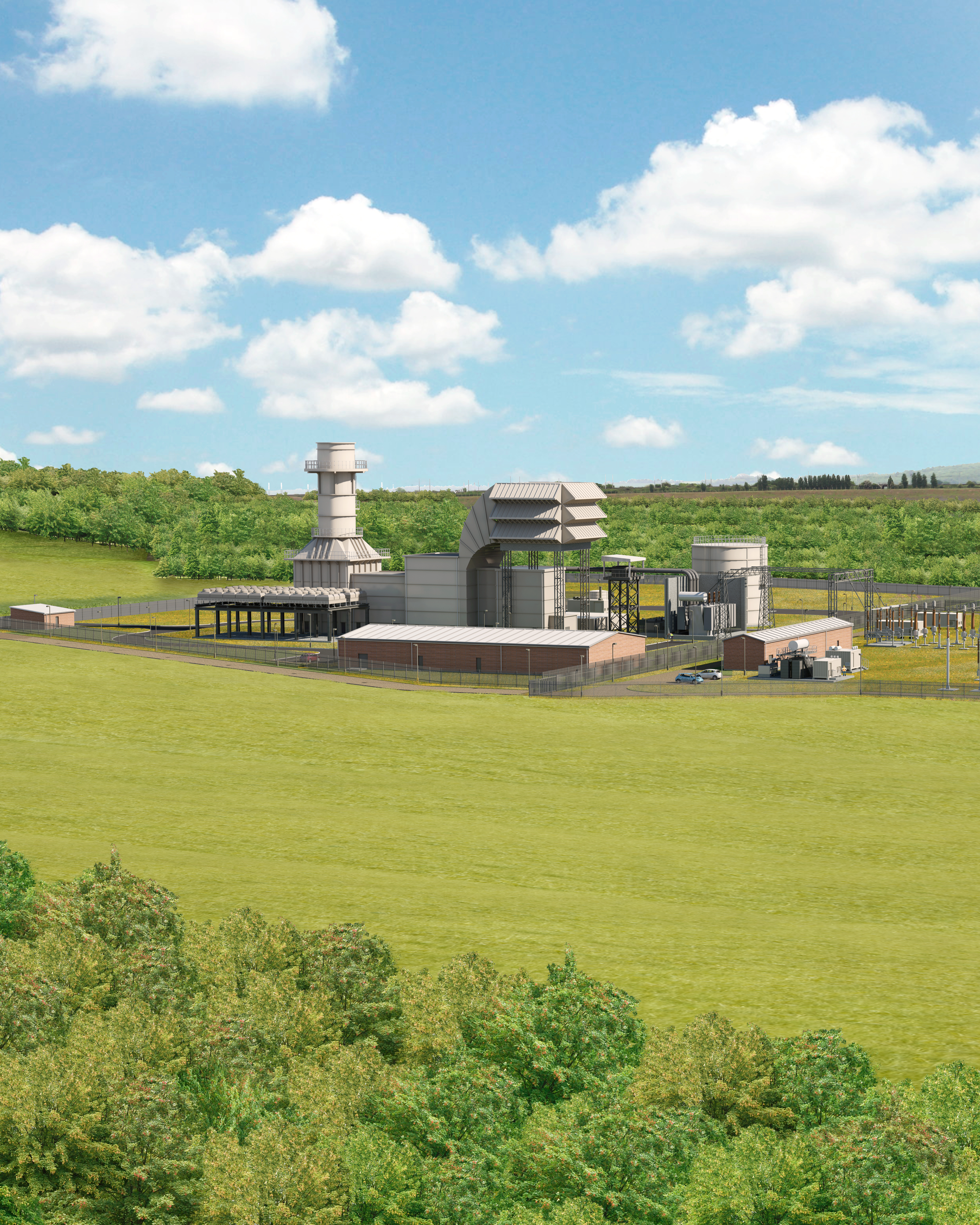
Editor’s note: On 21st September 2017 the Board announced that Will Gardiner would replace Dorothy Thompson as Chief Executive, Drax Group as of 1st January 2018. Read the announcement to the London Stock Exchange. This story was written by Will two months prior to that announcement and remains unedited below.
The UK electricity market used to be simpler. Coal, gas and nuclear plants generated energy and fed power into the National Grid. Retail companies then delivered that power to homes and businesses across the country thanks to regional distribution network operators. Today, it’s not as simple. The energy system of Great Britain has grown more complex – it needed to.
The push to lower carbon emissions led to the introduction of an array of different power generation technologies and fuels to the energy mix. These all generate power in different ways, at different times and in different conditions. Added to this are government schemes that have changed how this is all funded. In short, our electricity market is now more complex.
Drax Group has transformed itself to align with this new system. It is now an energy company with complementary operations across its supply chain – sourcing fuel, generating 17% of Great Britain’s renewable power and then selling much of that electricity directly to business customers in the retail market. This has fundamentally changed both how we do business and the financial mechanisms behind the business.
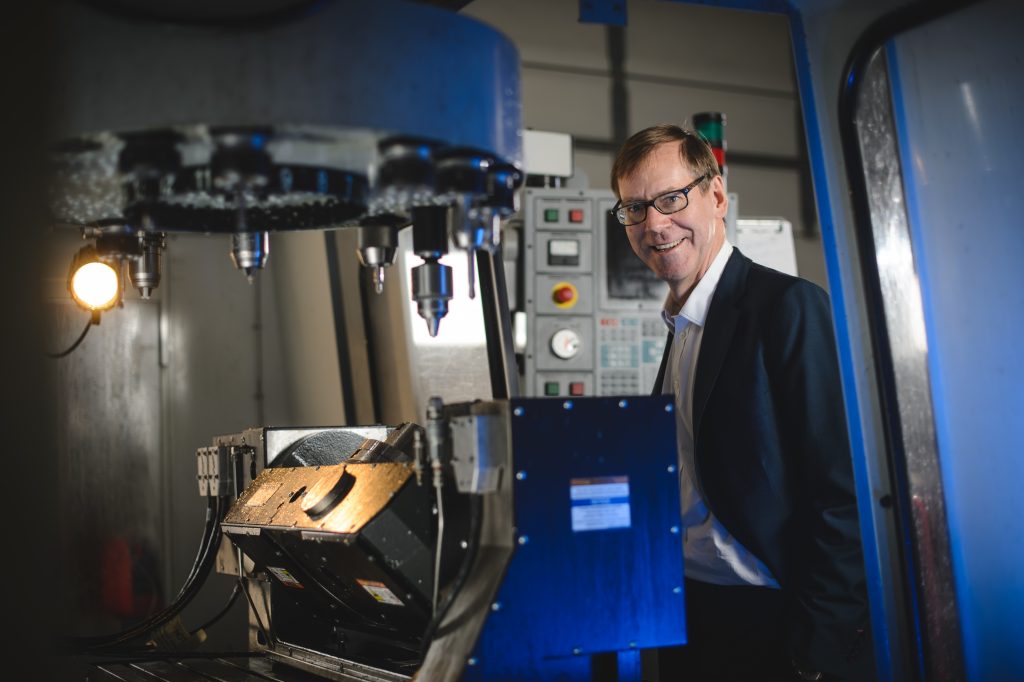
Where are we now?
Drax’s financial and operating strategies are very much inter-linked. Shifting how we generate energy changes how we generate revenue. The company is structured according to a set of distinct business segments, each of which is treated in a slightly different way.
The generation business
Drax has adapted its business model to the UK government’s regulatory framework, which through successive administrations has broadly promoted investment in renewable and low carbon power generation. Three of our six electricity generation units – accounting for 68% of our output in the first half of 2017 – have been upgraded from coal to produce renewable electricity from sustainable compressed wood pellets. These units are a core part of Britain’s renewable energy mix. Guaranteed income from the third unit conversion has given us a significantly higher degree of earnings visibility and reduced our exposure to commodity prices.
H1, 2017: 10.7 TWh total generation; 7.3 TWh biomass generation
Our coal generation units no longer provide 24/7 baseload electricity. This means we primarily use our coal generation as a support system. When the grid needs it we can ramp up and down coal generation responding to demand and ancillary service needs. Our renewable generation units do this too. Ultimately, however, our long-term goal is to convert the remaining coal units – either to renewables or to gas. Our Research and Innovation team is currently looking into how we might be able to do this, but early indications show that coal-to-gas conversion could be an attractive option for delivering flexible and reliable generation capacity for the UK.
Drax Power is doing well and generated £137m of EBITDA in the first half of this year, a £51m increase compared to the first half of 2016.
We are confident about the projected growth of our power generation business to £300 million EBITDA by 2025. That plan is aided by our move into rapid response gas – a technology that can meet urgent needs of a power system that includes an increasing amount of weather-dependent renewables. Two of the four rapid response gas projects we’re developing are ready to bid for 15-year capacity market contracts this coming February. They are designed to start up from cold faster than coal and combined cycle gas turbine (CCGT) units. These small-yet-powerful plants will respond to short-term power market price signals and be capable of providing other, ancillary services to further enhance security of supply.
These projects should add an attractive additional source of earnings to our generation business. They also will have attractive characteristics, as a significant element of their earnings will come from the capacity market – guaranteed government income for 15 years.
The retail business
We directly serve the retail market through Haven Power, which supplies renewable electricity primarily to industrial and commercial customers. Last week we announced that Haven Power was able to break-even six months ahead of schedule. Retail is an area we’re growing, and in February 2017 we acquired Opus Energy, the largest non-domestic UK energy company by meters installed outside the Big Six. This has had a marked effect – today we’re the largest challenger B2B energy retailer in the UK.
There is a healthy and regular annuity coming in through the existing retail business, and we believe this can generate £80 million of EBITDA by 2025, which, together with our growing biomass supply business, will make up a third of our earnings. We demonstrated good progress in the first half of the year, earning £11m of EBITDA.
The biomass business
Our two operational wood pellet manufacturing plants in Louisiana and Mississippi are progressing well. They are both still ramping up to full production and have seen marked improvements in pellet quality and production.
We are looking to grow our US business and as part of this we’ll need to build on the recent addition of LaSalle BioEnergy with further acquisitions. Expansion will grow our capacity for the self-supply of pellets from 15% to 30% of Drax Power Station’s requirements, adding an additional one million tonnes of production.
In the second half of 2017, we expect the profitability of Drax Biomass to increase. LaSalle will be commissioned in the first half of 2018 and reach capacity in 2019.
What’s next?
The energy landscape continues to change and we’ll need to change with it. Phasing out coal entirely is priority number one. For this we’ll continue to look at options. How and when we can convert more units to sustainable biomass depends on trials that we are conducting at Drax Power Station during 2017-18. The right government support would also make further conversions cost effective.
We also recognise that it’s important to look at alternative possibilities for our remaining coal units. This is why we are seeking planning permission to convert one or more of our 645 MW (megawatt) coal units to 1,300 MW of gas. Such an upgrade would be at a discount to a new-build, combined cycle gas turbine (CCGT) power station of equivalent capacity. And that’s simply because we would use much of the existing infrastructure and equipment.
Another major prospect is in the technology space and so we’re continuing to invest in research and innovation. Batteries and storage are a huge opportunity for us – both in how they could benefit our retail customers, and how they could provide solutions for large-scale centralised energy systems. In short, it’s an area with huge potential. We welcome the government’s recent initiatives designed to stimulate the development of battery technology, as well as encourage the use of electric vehicles.
Drax has gone through a period of considerable change and that will continue as we meet the UK’s low-carbon energy demands. We are improving the quality of our earnings, reducing our exposure to commodities, and positioning to take advantage of future opportunities. As we told investors in June, if we deliver on these plans, we can expect >£425 million of EBITDA in 2025.






